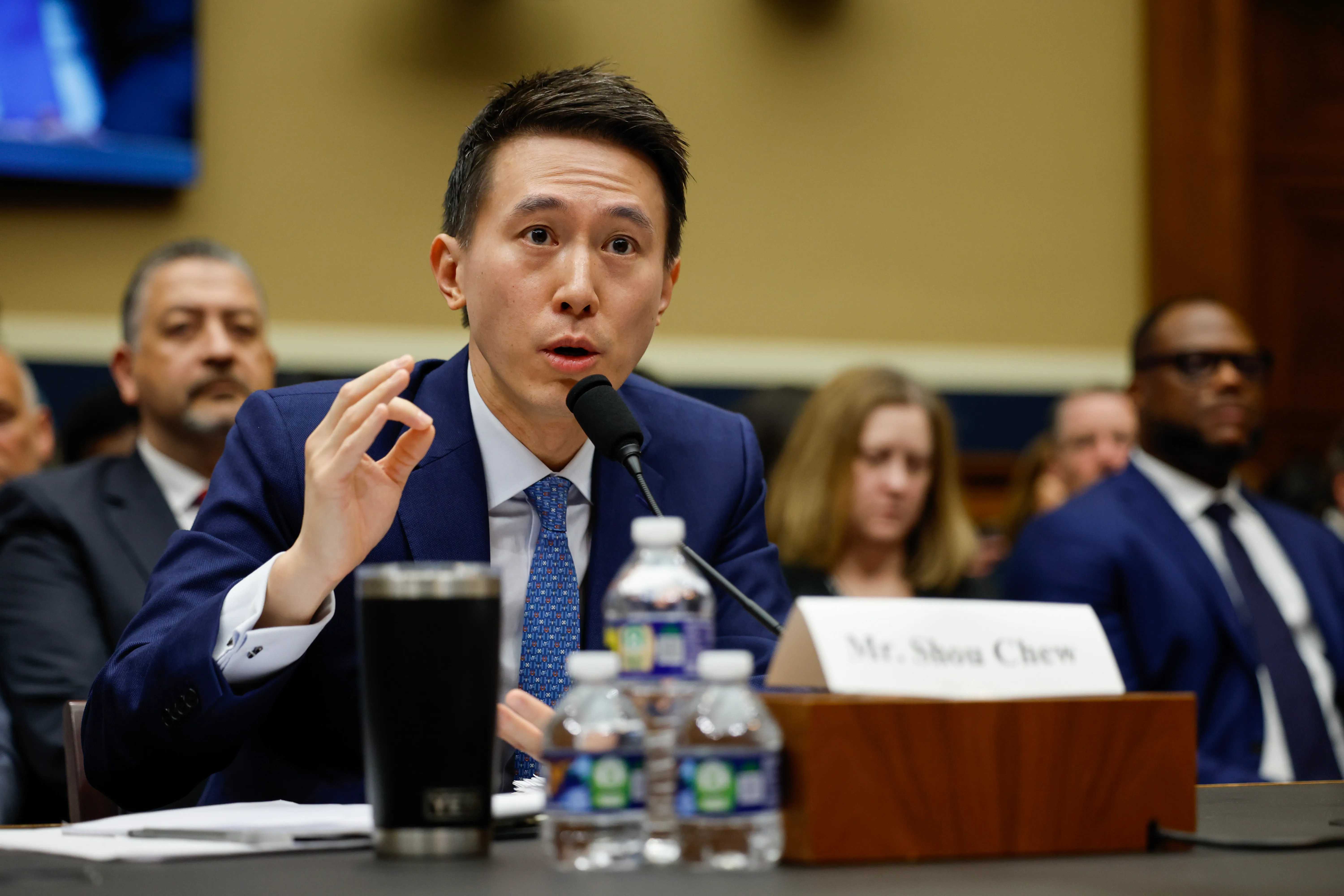
By Bren Belmonte | Staff Writer
The social media app TikTok is currently undergoing an investigation first declared on March 17 by the FBI and U.S. Department of Justice, concerning allegations that the company spied on American journalists. The investigation has caused an uproar in the Tiktok community and has prompted calls for action regarding social media privacy regulations.
The platform, which has more than 1.53 billion users, is under close examination due to concerns over the handling of users’ data. Both political parties claim that ByteDance, the parent enterprise of TikTok, is under the control of the Chinese government, where the app is based.
“Republican senators like Josh Hawley of Missouri and Marco Rubio of Florida speak of the app in ominous terms, warning of the potential impact on children and the looming threat of the Chinese Communist Party,” stated Business Insider.
According to The New York Times, lawmakers in the United States, Europe, and Canada have boosted their push to restrict the use of TikTok in recent months. In addition, two countries that have fully banned TikTok are India and Afghanistan.
“[A] government-imposed ban that stops Americans from using an app that allows them to share their views and art could face legal challenges on First Amendment grounds,” said Caitlin Chin, a fellow at the Center for Strategic and International Studies, to the New York Times.
The banning has been described as political maneuvering by TikTok, which also criticized the American government for attempting to control its citizens.
On March 24, TikTok CEO Shou Zi Chew testified in favor of the application before the House Energy & Commerce Committee. In his testimony, he discussed the policy of TikTok’s parent company, ByteDance, regarding user privacy and data protection, the platform’s effects on mental health, and security issues.
“The reason Facebook, Instagram, [and] TikTok is free [is] because your data is paying for your ability to use it,” said Doug Jacobson, a professor of electrical engineering at Iowa State University to NewsNation. “Your data is currency.”
In an interview with The New York Times, Chew predicted that data localization will become a recurring subject. He added that TikTok’s new, difficult, and expensive goal of offering specialized data management for each country.
A plan was offered by TikTok called “Project Texas.” According to TexasMonthly, it meant “TikTok’s American operations would be soiled and monitored by an in-house committee called TikTok U.S. Data Security—leadership for which would be approved by the U.S. government.”
Along with Congress and the U.S. Armed Forces, 32 of 50 U.S. states prohibited the app from being used on official government devices. Additionally, various universities in America, such as the University of Oklahoma, banned the application on their WiFi networks and university-owned devices.
Outside of Congress, TikTok creators contested the ban, claiming it would limit their ability to use TikTok to make a profit or as a tool for connecting and education.
18-year-old TikTok creator Brie Brown (@trickersroses, 25.5k followers) expressed their thoughts on the potential ban. “TikTok is a coping mechanism not only for myself but for thousands of [other] individuals…posting weekly gives me a dose of serotonin I struggle to get in other aspects of my life,” they said.
Many major organizations use TikTok as a component of their business and have their own accounts as well. There are petitions to keep the app and demonstrations against the banning, both of which have the backing of lawmakers.
A nonprofit digital rights organization called Fight for the Future recently launched the #DontBanTikTok campaign in an effort to refocus politicians’ attention away from TikTok and toward the development of data and privacy regulations that would include all Big Tech corporations.
